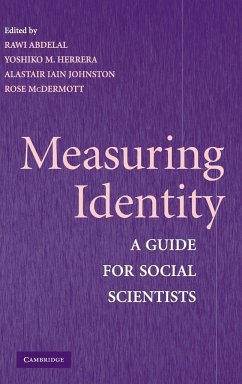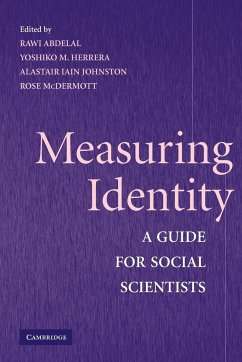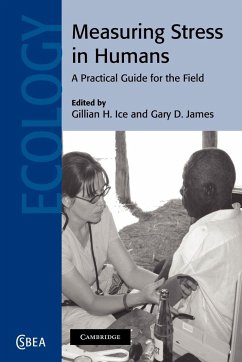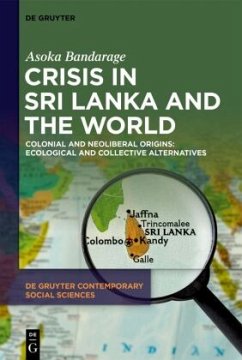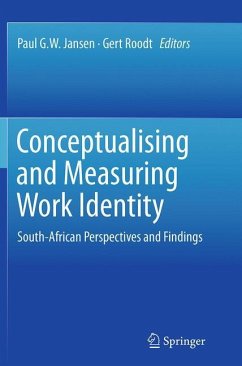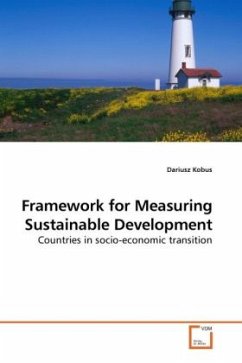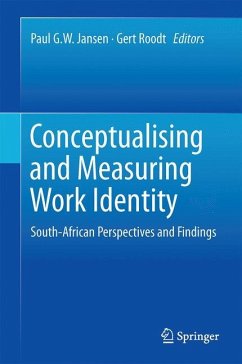
Measuring Justice
Versandkostenfrei!
Versandfertig in 1-2 Wochen
52,99 €
inkl. MwSt.

PAYBACK Punkte
26 °P sammeln!
This book brings together a team of leading theorists to address the question 'What is the right measure of justice?' Some contributors, following Amartya Sen and Martha Nussbaum, argue that we should focus on capabilities, or what people are able to do and to be. Others, following John Rawls, argue for focussing on social primary goods, the goods which society produces and which people can use. Still others see both views as incomplete and complementary to one another. Their essays evaluate the two approaches in the light of particular issues of social justice - education, health policy, disa...
This book brings together a team of leading theorists to address the question 'What is the right measure of justice?' Some contributors, following Amartya Sen and Martha Nussbaum, argue that we should focus on capabilities, or what people are able to do and to be. Others, following John Rawls, argue for focussing on social primary goods, the goods which society produces and which people can use. Still others see both views as incomplete and complementary to one another. Their essays evaluate the two approaches in the light of particular issues of social justice - education, health policy, disability, children, gender justice - and the volume concludes with an essay by Amartya Sen, who originated the capabilities approach.





